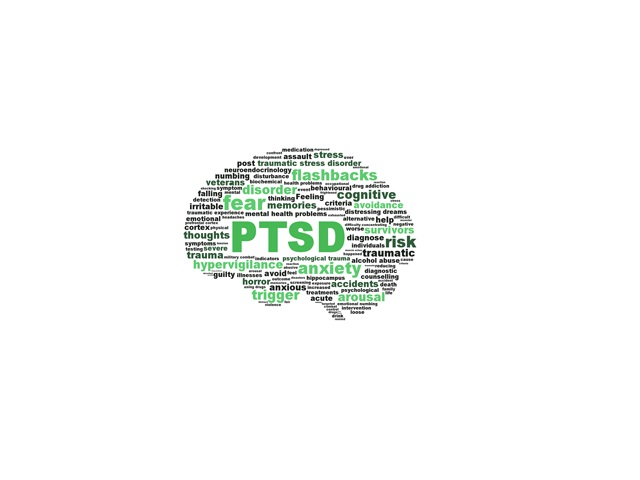3 Signs You May Have Autism Spectrum Disorder -- Symptoms, Causes, Effects, Treatment and Prevention
Autism Spectrum Disorder (ASD) is a neurodevelopmental disorder that affects social interaction, communication, and behavior. It is a complex condition that varies in severity and presentation. It is a spectrum disorder, meaning that individuals with ASD can have a wide range of abilities and symptoms. Here is an explanation of autism spectrum disorder, along with its symptoms, diagnosis, causes, effects, treatment, and prevention:
Symptoms of Autism Spectrum Disorder:
The symptoms of ASD can vary widely but generally include:
- Social communication difficulties: Challenges in understanding and using nonverbal cues, difficulty engaging in reciprocal conversation, and limited understanding of social relationships.
- Restricted and repetitive behaviors: Repetitive movements or speech patterns, inflexible adherence to routines, intense interests in specific topics, and sensory sensitivities.
- Impairments in social interaction: Difficulty establishing and maintaining relationships, reduced empathy, and atypical social behaviors.
Diagnosis of Autism Spectrum Disorder:
Diagnosing ASD involves a comprehensive evaluation by healthcare professionals, such as psychiatrists, psychologists, or developmental pediatricians. Key components of the diagnosis include:
- Meeting the diagnostic criteria outlined in the Diagnostic and Statistical Manual of Mental Disorders (DSM-5).
- Assessment of behavioral observations, social interactions, communication skills, and developmental history.
- Ruling out other potential causes for the symptoms, such as intellectual disabilities or medical conditions.
Causes of Autism Spectrum Disorder:
The exact causes of ASD are not fully understood, but research suggests a combination of genetic and environmental factors:
- Genetic factors: There is a strong genetic component in ASD, with certain genes associated with an increased risk.
- Environmental factors: Prenatal factors such as maternal infections, exposure to certain medications or chemicals during pregnancy, and complications during birth have been suggested as possible environmental factors.
Effects of Autism Spectrum Disorder:
ASD can have various effects on individuals, including:
- Challenges in social interactions: Difficulties in understanding social cues and establishing meaningful relationships can lead to social isolation and difficulties in daily interactions.
- Communication difficulties: Impairments in verbal and nonverbal communication can affect expressive and receptive language skills.
- Restricted interests and behaviors: Repetitive behaviors and narrow interests may limit flexibility and interfere with daily functioning.
- Sensory sensitivities: Heightened sensitivity or aversion to sensory input can lead to discomfort or distress in various environments.
Treatment of Autism Spectrum Disorder:
The treatment of ASD typically involves a multidisciplinary approach tailored to the individual's needs:
- Early intervention: Early identification and intervention services, including speech therapy, occupational therapy, and behavioral interventions, can help improve outcomes.
- Behavioral therapy: Applied Behavior Analysis (ABA) is commonly used to address behavioral challenges and develop social and communication skills.
- Educational support: Individualized education plans (IEPs) and specialized educational programs can provide structured learning environments and accommodations.
Prevention of Autism Spectrum Disorder:
Currently, there is no known method to prevent ASD. However, early identification, timely intervention, and appropriate support can help individuals with ASD reach their full potential.
It is important for individuals seeking more information or concerned about ASD to consult healthcare professionals, such as pediatricians, child psychologists, or developmental specialists, for comprehensive evaluations and guidance.
References:
American Psychiatric Association. (2013). Diagnostic and Statistical Manual of Mental Disorders (DSM-5). American Psychiatric Publishing.
National Institute of Mental Health. (2021). Autism Spectrum Disorder. Retrieved from https://www.nimh.nih.gov/health/topics/autism-spectrum-disorders-asd/index.shtml
Centers for Disease Control and Prevention. (2021). Autism Spectrum Disorder (ASD). Retrieved from https://www.cdc.gov/ncbddd/autism/index.html


















